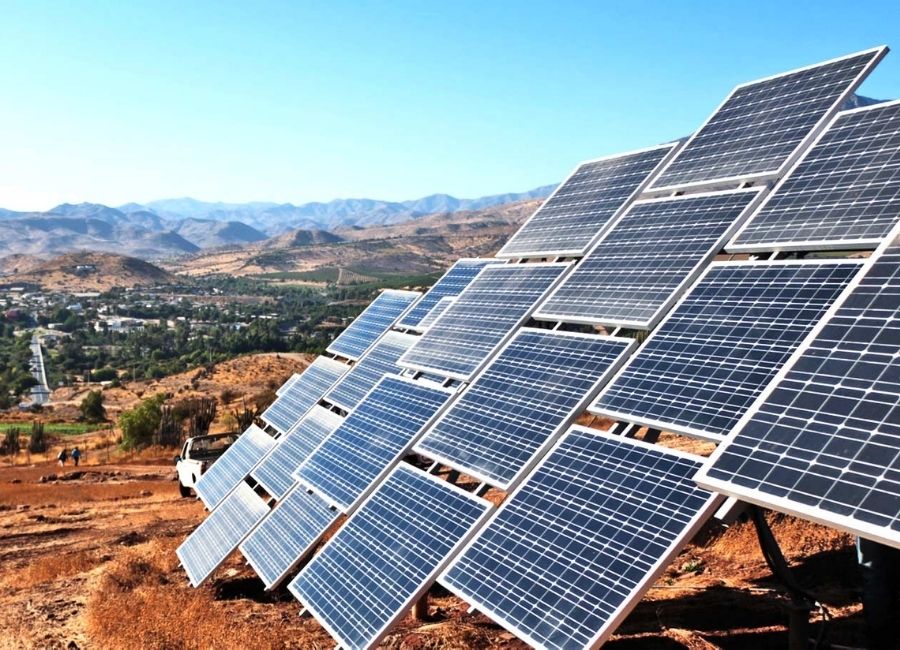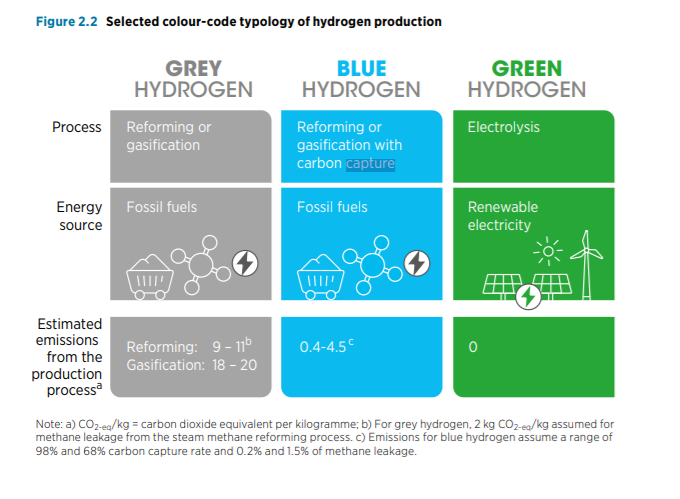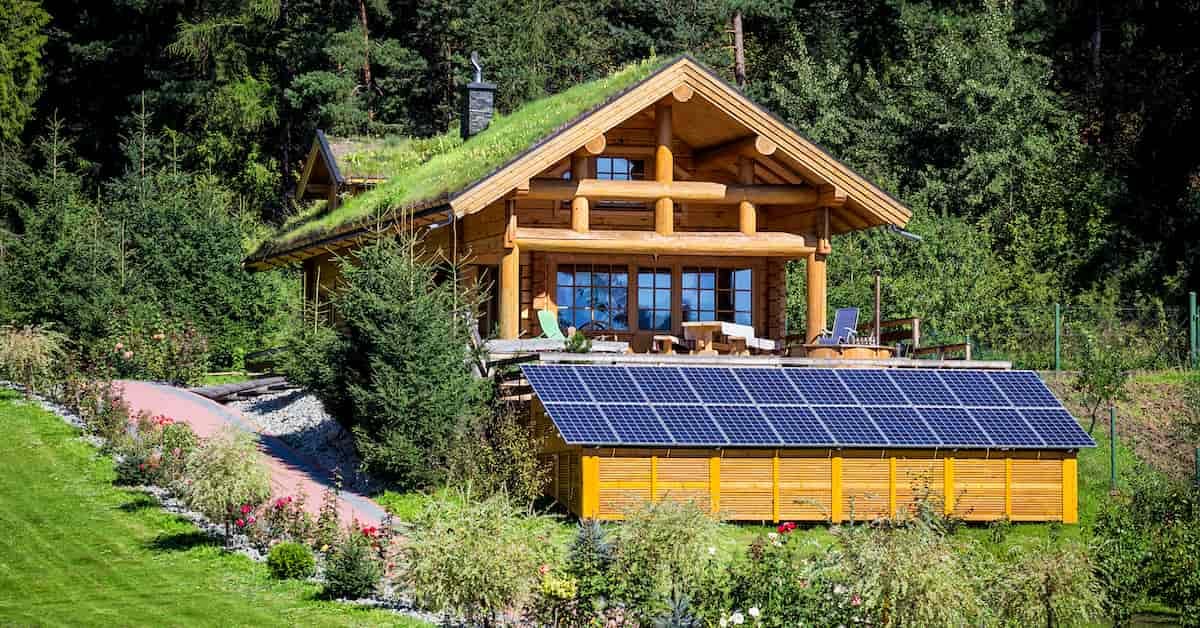
Are you wondering how long do solar panels last? We will examine the average lifespan of solar cells, their degradation rate and the average battery storage lifespan. It's important to know how to maintain your solar energy system. Plan for maintenance is necessary to achieve maximum output. Upgrade your system if your solar panel begins to show signs of wear. This can help you avoid a costly repair or replace your system.
The average lifespan of solar panels
While the rate at which solar panels degrade is not known, it is around 0.5% annually. However, a degraded panel will still produce 95% of the energy it produced at the beginning of its life. The panel can also last 50 years if it isn't damaged. A premium solar panel, for example, can last 50 years. The degradation rate is not a direct indicator of how efficient a solar panel is, though.
The lifespan of solar panels varies based on their location and care. Solar panels placed in sunlight areas are more likely than those located in colder climates to reach their peak. In order to prevent any damage to their panels, solar panel owners should be extra careful when choosing the best location for them. Aside from the climate, the location of the solar panels is also important. A solar panel placed in the sun will produce more power and last for longer.

Degradation rate of solar panels
The temperature of the location where solar panels are installed determines the degradation rate. The degradation rate is greater in warmer regions. This is because rooftop systems are subject to higher temperatures than ground-mounted systems. Added to this, the lack of airflow under rooftop panels increases panel temperatures, degrading the electrical and electronic components. Sometimes the damage is severe and rapid. For such a situation, it is better to install solar panels in a region where the climate is temperate and relatively stable.
A meta-analysis of 11,000 solar energy installations revealed that the degradation rate for photovoltaic cells varies. SunPower recently conducted a study that compared the degradation rates of two types of panels. One was made by SunPower and the other was done by another company. The average rate at which non-SunPower systems were degrading was 1.25% per annum, while SunPower panels only degraded by 0.32% per annum. The panels' degradation rates can vary greatly among manufacturers, and even by a few percentage point.
Average lifespan of inverters
Inverters as well as solar panels have a limited lifespan. However, the inverter typically has a shorter lifespan. Solar panels have an average lifespan of 25 years while inverters last between five and ten years, depending on the quality. While inverters are less durable than solar panels', both have good warranties which make them still worthwhile to buy. Here are some tips regarding the life span of inverters & solar panels.
Solar panels have a lifespan of around twenty-three years. Due to the rapid aging of components, inverters last much longer. For example, electrolyte components age faster than those made of dry parts. A typical residential string inverter can last between ten to fifteen years. If you are looking to extend the lifespan of your solar panels and inverters, the latter should be considered.

Battery storage's average lifespan
The average life span of solar panel battery storage varies depending on its type and how often it is used. However, lithium-ion cells have a life expectancy of 2 decades. But their capacity will decrease as time passes. You can extend the battery's life by not completely discharging it. This will dramatically decrease its capacity. Instead, perform partial discharge cycles to maximize the life of the battery. Consider purchasing a solar panel that has a deep-cycle lithium battery if you live in an area without battery storage.
Lithium-ion cells are the most long-lasting and durable of all available types. These batteries are primarily used in solar battery systems and electric vehicles. They are light and compact, and their lifespan is longer than those of other types of batteries. Although lithium-ion batteries can lose their charge over time the usable capacity of the battery is usually 80 to 90%. A 8kWh battery can last for approximately eight hours per day. The remaining 10-20% will be available during periods of prolonged blackouts.